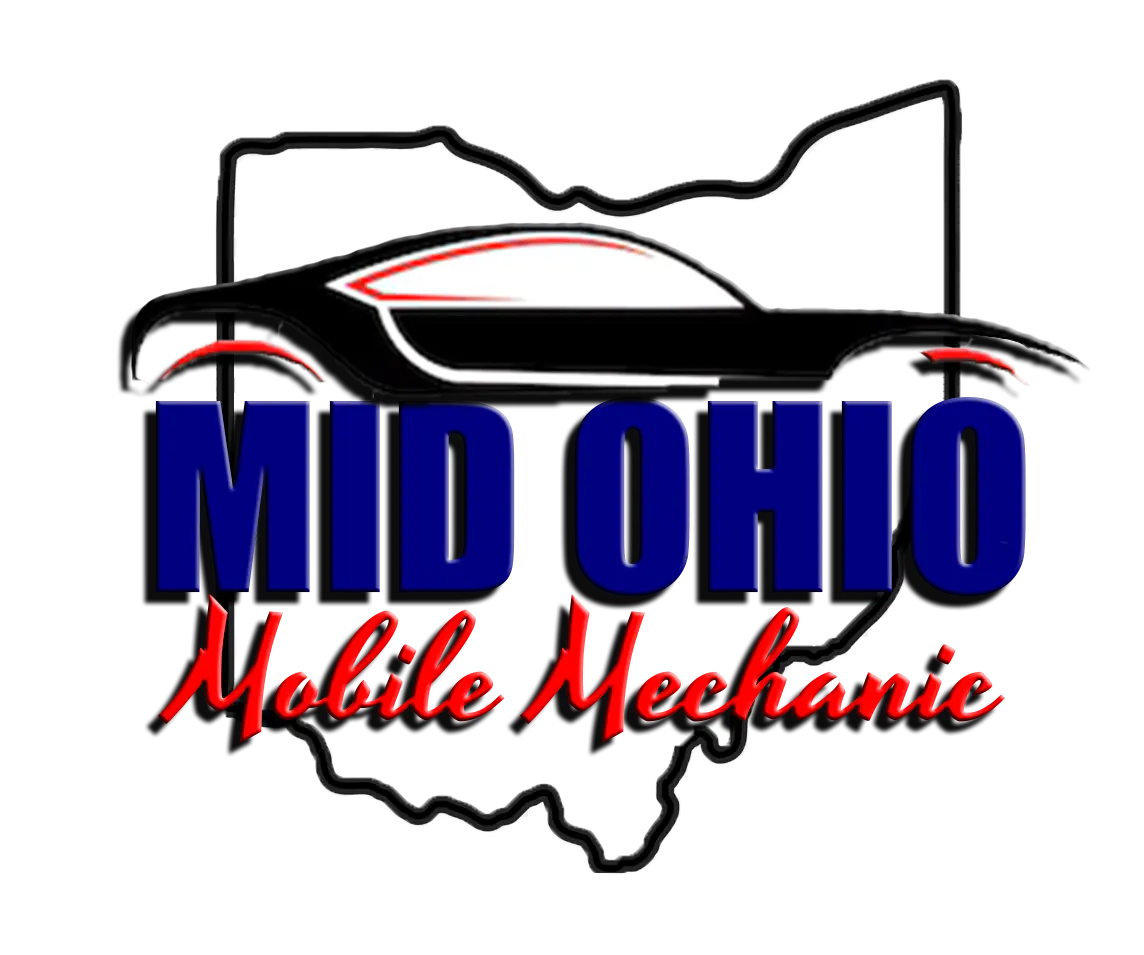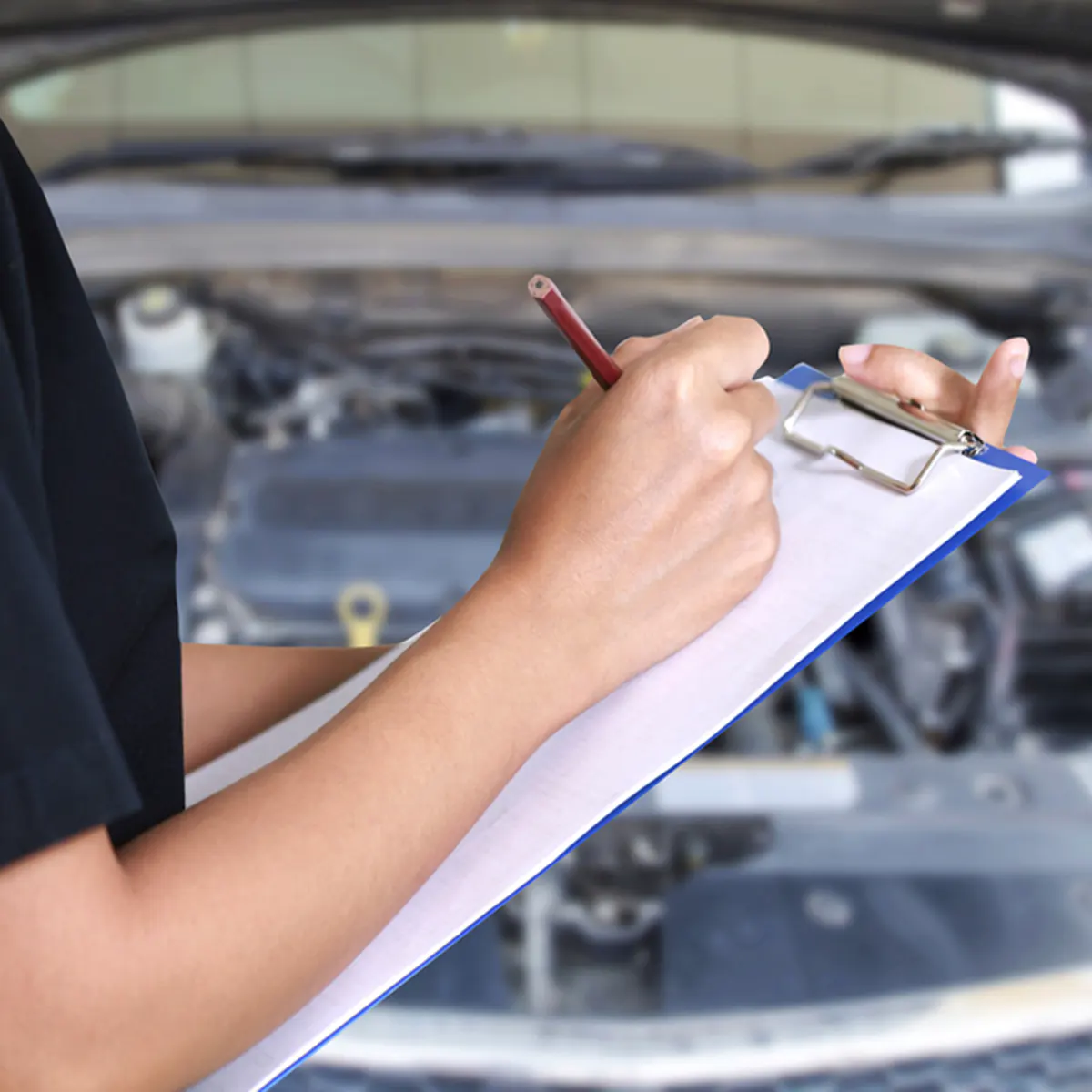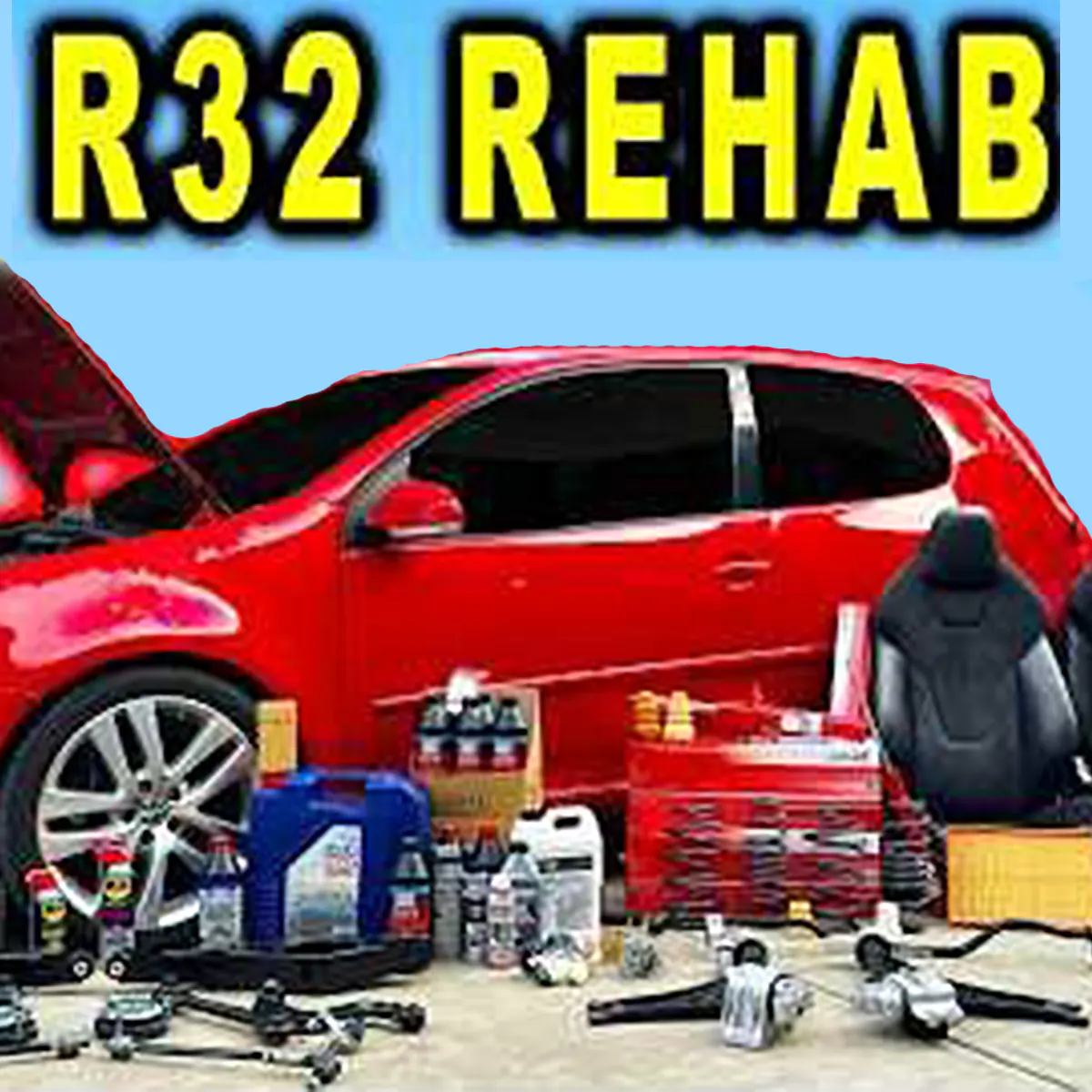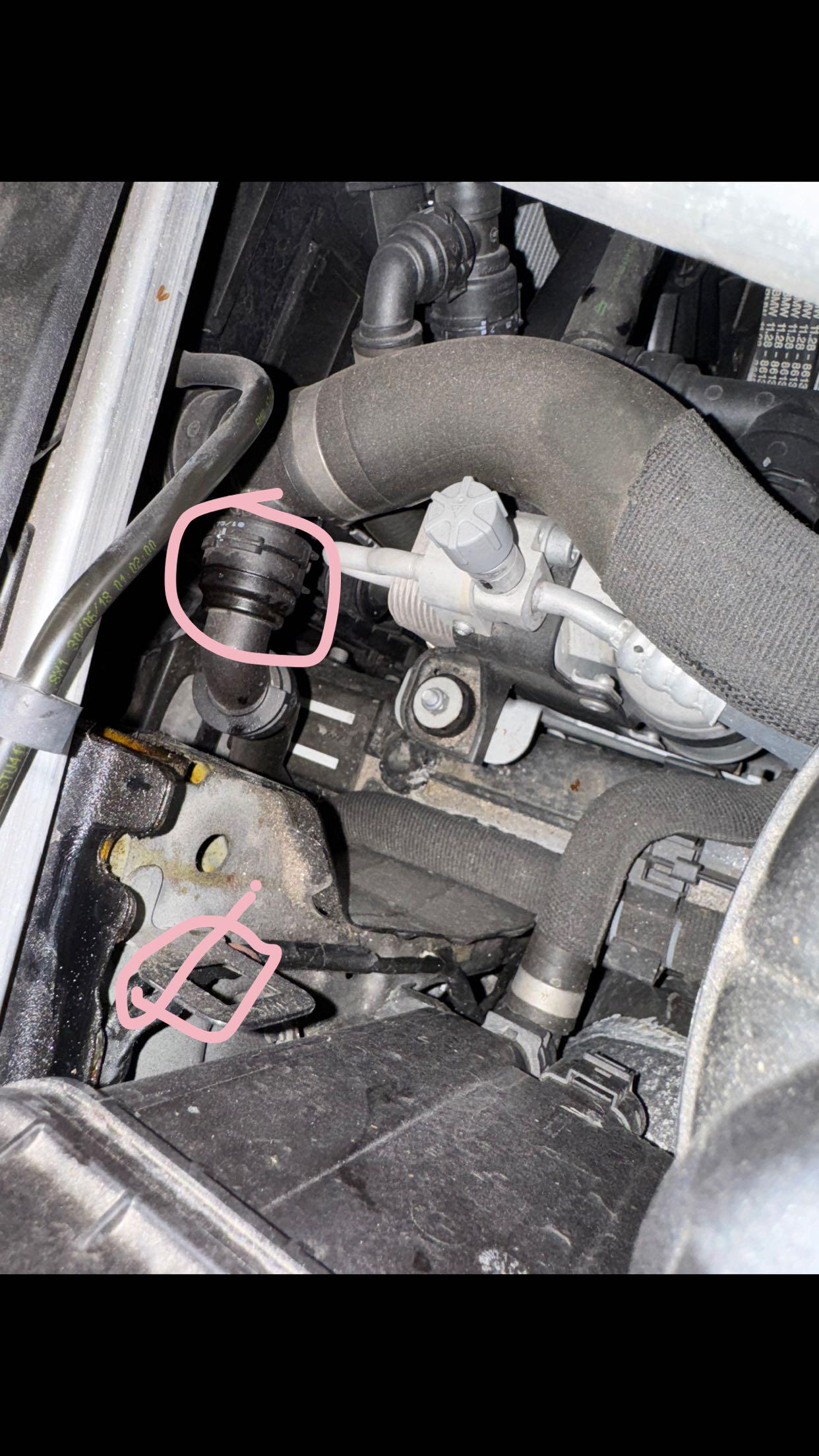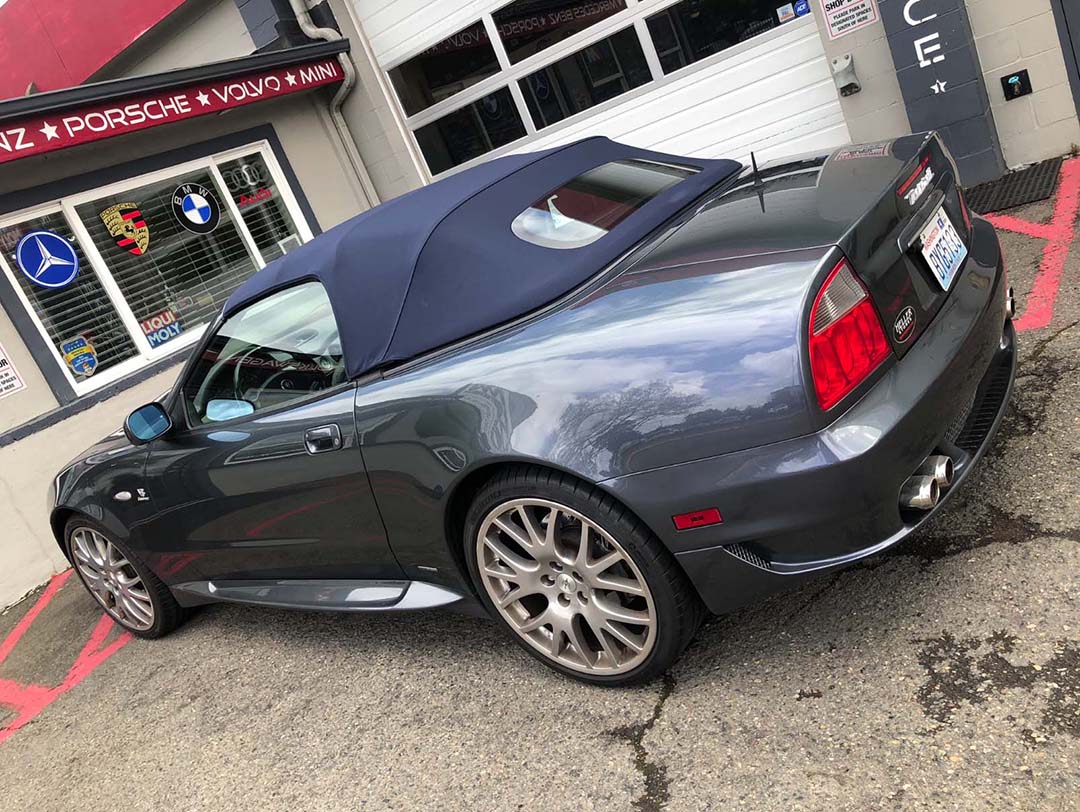Why a Pre-Purchase Vehicle Inspection Could Save You Thousands
Shopping for a used car can be exciting—but it can also be risky. Even vehicles that look spotless on the outside may be hiding serious mechanical issues beneath the surface. That’s why one of the smartest steps you can take before signing on the dotted line is scheduling a pre-purchase vehicle inspection (PPI).
A pre-purchase inspection is more than a quick look under the hood. It’s a thorough evaluation by a trained mechanic who knows what to look for—problems that an untrained eye might miss but that could cost you thousands down the road.
What is a Pre-Purchase Vehicle Inspection?
A pre-purchase inspection is a professional, comprehensive evaluation of a used vehicle performed before you buy it. The goal is simple: uncover existing issues, identify potential future repairs, and give you a clear picture of the car’s overall condition.
During an inspection, a mechanic will typically:
- Check for leaks, worn parts, or hidden damage.
- Test the engine, transmission, brakes, and suspension.
- Scan the vehicle’s onboard computer for diagnostic codes.
- Inspect the tires, lights, and safety systems.
- Review the body and frame for signs of rust, collision repair, or structural damage.
- Take the car for a test drive to feel for performance or handling issues.
This process often takes one to two hours but provides peace of mind that could save you from buying a lemon.
Why is a Pre-Purchase Inspection So Important?
- Hidden Problems Aren’t Always Visible
A car might shine after a fresh detail, but cosmetic appeal can hide deeper issues—like engine trouble, worn suspension components, or electrical problems. A mechanic knows where to look and won’t be distracted by shiny paint. - It Protects Your Investment
Used cars are expensive, and the last thing you want is to spend thousands on a vehicle that needs immediate repairs. An inspection ensures you know the true cost of ownership before you buy. - Negotiation Power
If the inspection uncovers issues, you can use that information to negotiate a lower price or request the seller fix the problems before purchase. Either way, you’re in a stronger bargaining position. - Prevents Safety Risks
Faulty brakes, worn tires, or hidden frame damage aren’t just costly—they can be dangerous. An inspection keeps you from putting yourself and your family at risk. - Peace of Mind
Buying a car is stressful. Knowing a qualified professional has thoroughly checked the vehicle gives you confidence that you’re making a smart choice.
Common Issues Found in Pre-Purchase Inspections
During pre-purchase inspections, mechanics often uncover issues like:
- Leaking gaskets or seals
- Worn brake pads and rotors
- Suspension wear (ball joints, bushings, shocks)
- Transmission slipping or rough shifting
- Check engine light codes stored in the computer
- Rust or hidden accident damage
- Worn or mismatched tires
Some of these may not be deal-breakers—but knowing about them helps you decide if the vehicle is worth the asking price.
When Should You Get a Pre-Purchase Inspection?
- Anytime you’re buying from a private seller. Dealerships may offer certified inspections, but private sellers often don’t.
- If the vehicle has high mileage. Wear and tear becomes more likely after 80,000+ miles.
- If the vehicle has a salvage or rebuilt title. These cars often hide structural or electrical issues.
- If something feels “off.” Strange noises, poor handling, or warning lights are red flags.
How Much Does a Pre-Purchase Inspection Cost?
Most pre-purchase inspections range from $100–$250, depending on the depth of the inspection and whether diagnostics are included. That may sound like an extra expense—but when you consider the cost of a transmission repair ($3,000+) or engine replacement ($5,000+), the inspection is a bargain.
Final Thoughts
Buying a used car doesn’t have to feel like a gamble. With a pre-purchase vehicle inspection, you get an expert’s opinion on the car’s condition before you commit. It can save you thousands, give you peace of mind, and help you avoid costly mistakes.
The bottom line: don’t rely on luck or appearances. Protect yourself, your wallet, and your safety with a professional inspection before you buy.
